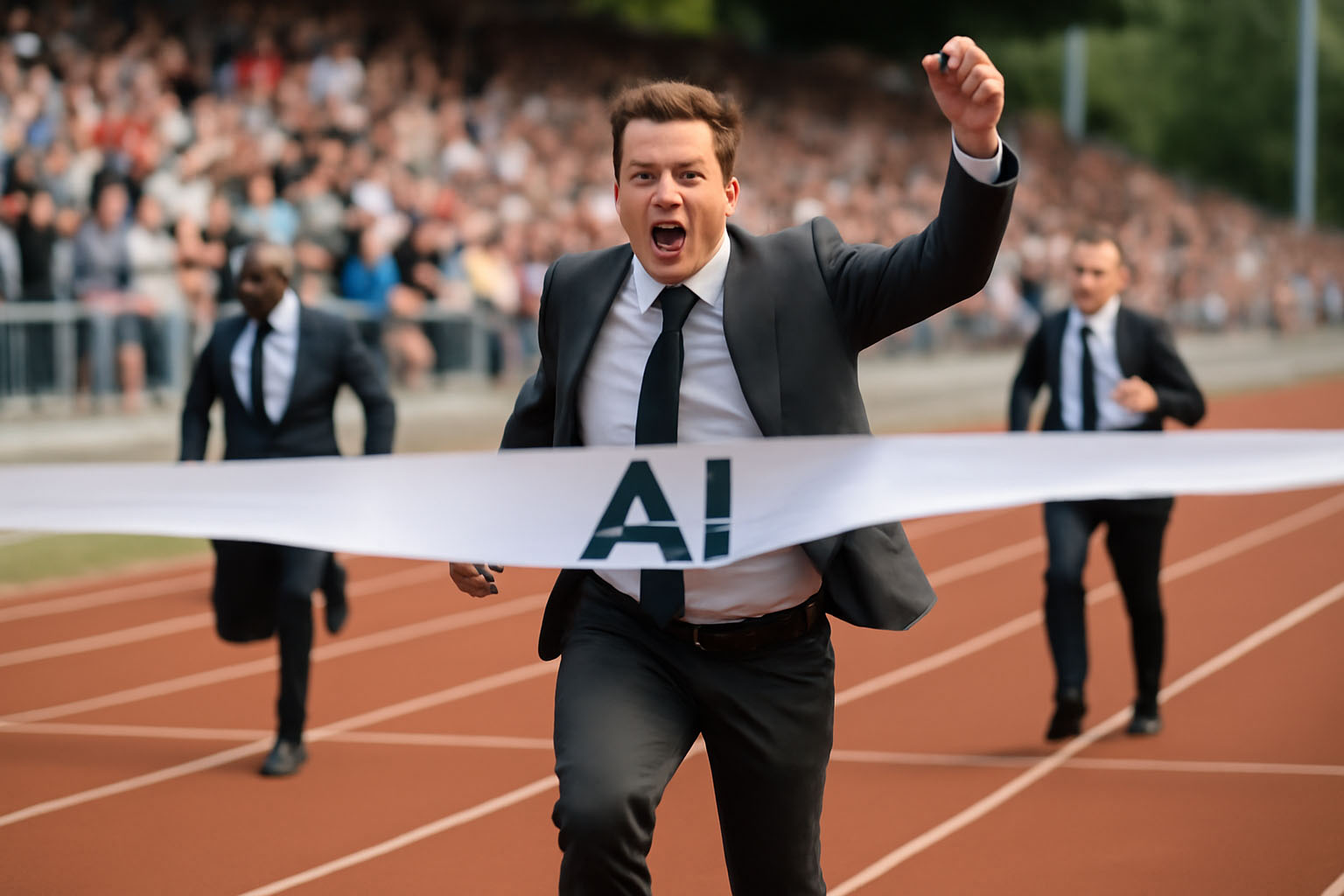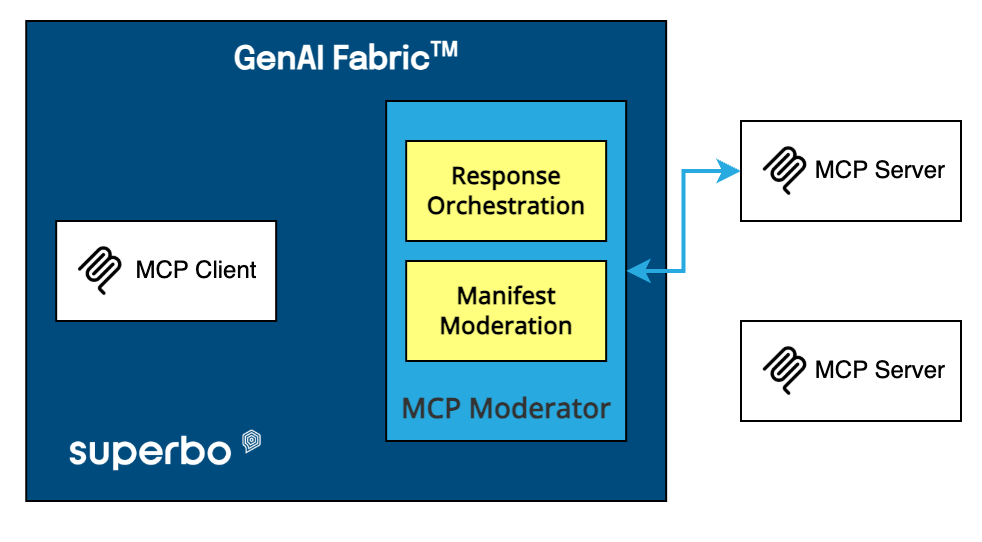AI Agents in HR: Transforming Human Resources Management
Introduction to AI in HR
AI agents are increasingly being integrated into Human Resources (HR) to automate and optimize a wide range of functions, from recruitment and onboarding to performance management and employee engagement. Unlike traditional automation tools, AI agents in HR bring advanced cognitive capabilities, allowing for a more efficient and personalized experience for both employees and HR professionals.
Several types of AI agents can be applied to HR processes, each with unique strengths. Utility-based agents help optimize decision-making, particularly useful for tasks like scheduling interviews and managing resources. Goal-based agents plan and execute actions to meet HR objectives, such as automating the hiring process. Model-based reflex agents use data to anticipate HR challenges, while learning agents adapt over time based on past interactions to improve their efficiency. Virtual assistants manage repetitive inquiries, providing round-the-clock support to employees. These agents work together in a multi-agent system, ensuring that HR processes are efficient and seamless. At Superbo, our GenAI Fabric Agent framework allows the creation of microassistants tailored to HR needs, offering an integrated and adaptive approach to HR process automation.
Key Use Cases for AI Agents in HR
AI agents are revolutionizing the HR landscape by automating both repetitive and complex tasks that traditionally required significant human effort. Here are key HR functions that can benefit from AI agents:
-
1.
Recruitment and Talent Acquisition:
-
Automates job postings and screens candidates using AI-driven algorithms, matching resumes with job requirements.
-
Schedules interviews and manages communications with candidates, significantly reducing hiring time.
-
2.
Onboarding:
-
Streamlines the onboarding process by automating paperwork, setting up accounts and equipment, and sending reminders for required tasks.
-
Provides personalized onboarding experiences, such as customized training schedules and introductions to key team members.
-
3.
Employee Engagement and Support:
-
Virtual assistants answer common HR-related queries and provide personalized feedback.
-
AI agents conduct sentiment analysis to gauge employee satisfaction and recommend actions to improve workplace culture.
-
4.
Performance Management:
-
Facilitates continuous performance reviews by gathering and analyzing productivity data in real-time.
-
Offers personalized training recommendations to employees based on performance metrics and career goals.
-
4.
Employee Retention:
-
Uses predictive analytics to identify employees who may be at risk of leaving and recommends proactive measures for retention.
-
Automates follow-up processes and suggests career development paths to boost employee satisfaction.
Example: Automating the Onboarding Process
Consider a scenario where a new employee is about to join a company. Here’s how an AI agentic system, like Superbo’s GenAI Fabric, would handle the process:
-
1.
Observes:
-
Receives new hire information from the recruitment system, including details like job title, department, and start date.
-
Checks the company’s systems to identify the necessary accounts, software access, and equipment required for the new hire.
-
Monitors any outstanding paperwork or documents needed from the new employee.
-
2.
Reasons:
-
Understands the specific onboarding workflow based on the employee’s department and role.
-
Identifies dependencies, such as setting up an email account before granting access to internal software.
-
Analyzes workloads of the IT and facilities teams to ensure efficient scheduling and resource allocation.
-
3.
Plans:
-
Creates a detailed, step-by-step plan to automate tasks like sending a welcome email, scheduling a meeting with the manager, and coordinating with IT for account setups.
-
Prepares reminders for any manual tasks, like document signatures, and ensures that these are flagged to HR personnel.
-
4.
Acts:
-
Updates the HR system with the employee’s details and automatically sends equipment requests to the facilities team.
-
Sets up user accounts for relevant software and platforms, such as email and project management tools.
-
Sends reminders to the employee about completing forms and notifies HR of any pending items to ensure everything is on track.
The outcome is a seamless, efficient, and consistent onboarding experience, reducing manual work and minimizing the risk of errors. This is just one example of how AI agents can streamline HR processes, making them more efficient and responsive.
Benefits of AI Agents in HR
AI agents offer numerous advantages in HR management, whether used alongside human teams or autonomously:
-
1.
Efficiency: Automating repetitive and time-consuming tasks frees up HR professionals to focus on strategic initiatives, improving overall productivity. -
2.
Personalization: AI agents provide tailored recommendations and support, enhancing the employee experience by addressing individual needs. -
3.
Accuracy and Consistency: By leveraging data-driven insights, AI agents minimize errors in HR processes, ensuring compliance and fairness. -
4.
24/7 Availability: Virtual assistants are available around the clock, offering support whenever employees need it, without waiting for office hours. -
5.
Continuous Improvement: Learning agents adapt and improve over time, becoming more effective with every interaction.
Conclusion
AI agents are transforming the HR function by automating complex processes and enhancing the employee experience. From recruitment to performance management, these intelligent systems deliver significant time and cost savings while maintaining a high level of personalization and engagement. As companies continue to integrate AI into their HR departments, those leveraging advanced multi-agent systems, like Superbo’s GenAI Fabric, will lead the way in creating efficient, adaptive, and employee-centric workplaces. As AI technology continues to evolve, the future of HR will become increasingly data-driven and employee-focused, unlocking new possibilities for both companies and their teams.







